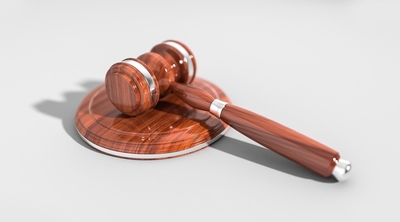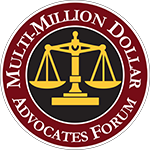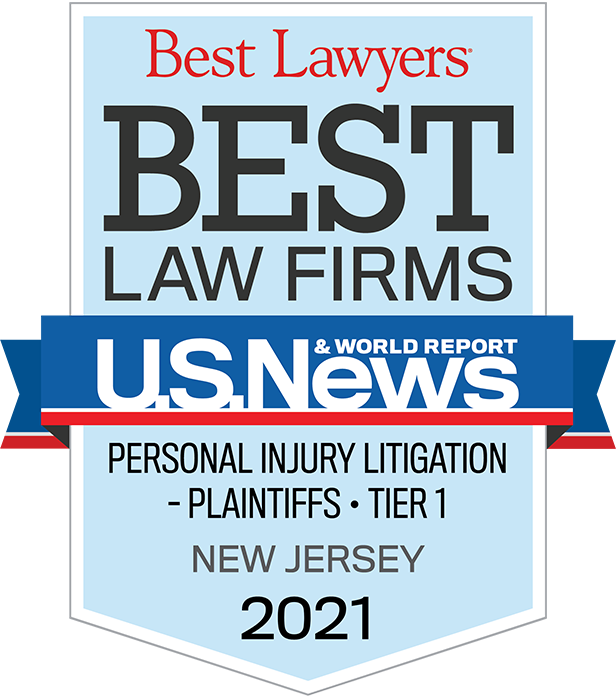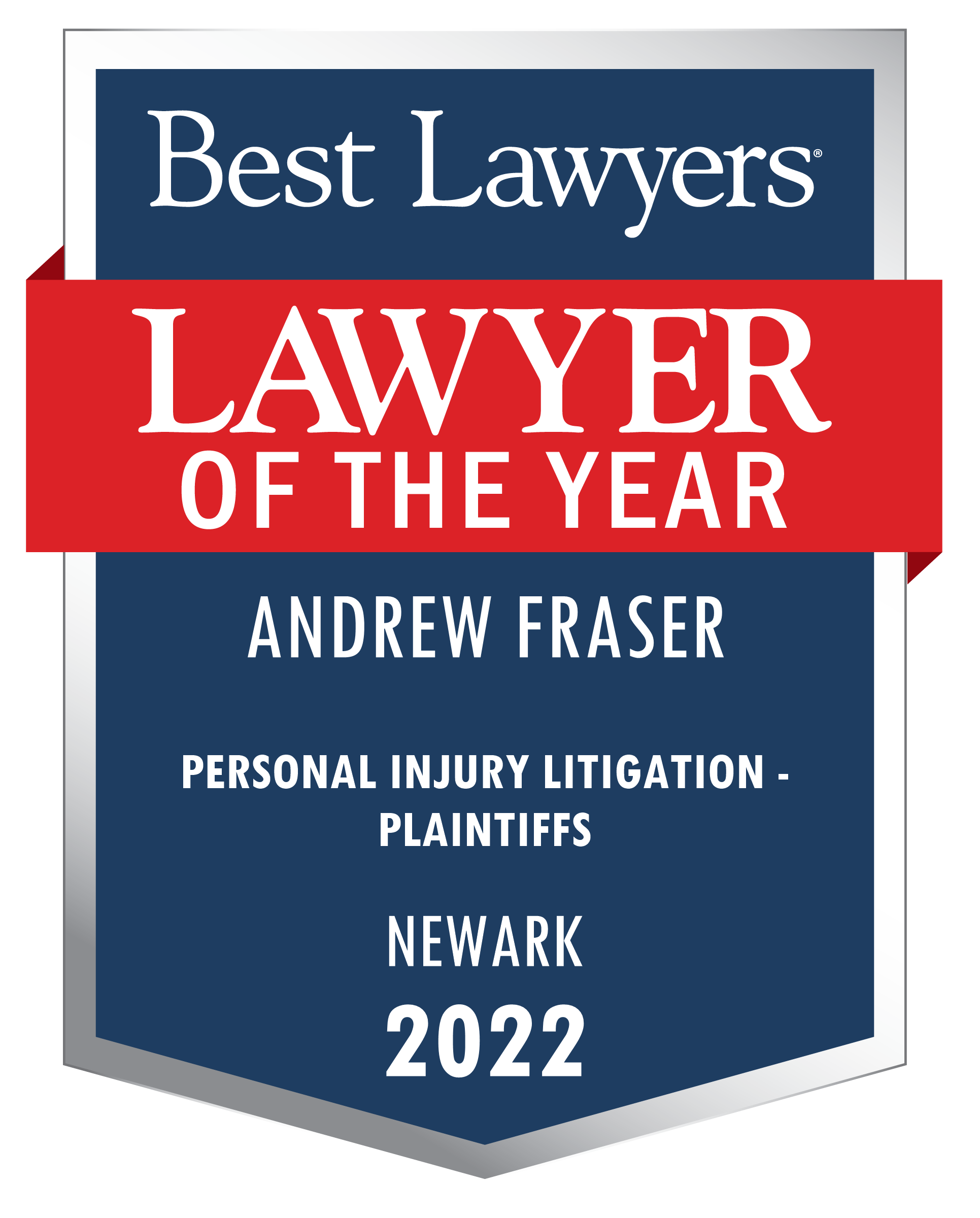Unveiling Hearsay Exceptions: Navigating New Jersey's Rules of Evidence
Related Attorney: Timothy E. Dinan
February 2, 2024
In the intricate realm of legal proceedings, the concept of hearsay holds a prominent place, shaping the admissibility of evidence. New Jersey, like many jurisdictions, follows rules of evidence that govern the use of hearsay in court. In this blog post, we will unravel the intricacies of hearsay and shed light on the exceptions outlined in the New Jersey Rules of Evidence.
Understanding Hearsay:
Hearsay is generally defined as an out-of-court statement offered in court for the truth of the matter asserted. In simpler terms, it involves someone testifying about what someone else said outside the courtroom. The hearsay rule is designed to ensure the reliability of evidence and maintain the integrity of the judicial process.
Exceptions to the Hearsay Rule in New Jersey:
While the general rule is to exclude hearsay evidence, the New Jersey Rules of Evidence recognize several exceptions where such statements are deemed admissible. Let's explore some key, but not all of, the exceptions:
1. Statements by a Party-Opponent (N.J.R.E. 803(b)(1)): Statements made by a party to the case, whether in an individual or representative capacity, are generally admissible. This exception allows for the introduction of statements that may be against the party's interest.
2. Excited Utterances (N.J.R.E. 803(c)(2)): Statements made by a declarant while under the stress or excitement of an event are admissible if they relate to that event. The rationale is that such statements are less likely to be fabricated.
3. Present Sense Impressions (N.J.R.E. 803(c)(1)): Statements describing or explaining an event or condition made while the declarant was perceiving the event or condition, or immediately thereafter, are admissible. This exception relies on the belief that such statements are likely to be accurate.
4. Statements for Medical Diagnosis or Treatment (N.J.R.E. 803(c)(4)): Statements made for the purpose of medical diagnosis or treatment are admissible. This exception acknowledges the importance of accurate information in the healthcare context.
5. Public Records and Reports (N.J.R.E. 803(c)(8)): Certain public records and reports, including factual findings, are admissible. This exception facilitates the use of reliable and verifiable information in court proceedings.
Understanding these exceptions is crucial for attorneys, litigants, and anyone involved in legal proceedings in New Jersey. While the hearsay rule remains a cornerstone of evidence admissibility, these exceptions serve as vital gateways, allowing certain statements to enter the courtroom and contribute to the pursuit of justice.
Questions? Contact Tim Dinan at tdinan@lcrlaw.com, or (973) 729-1880.
See our previous blog post here.


















